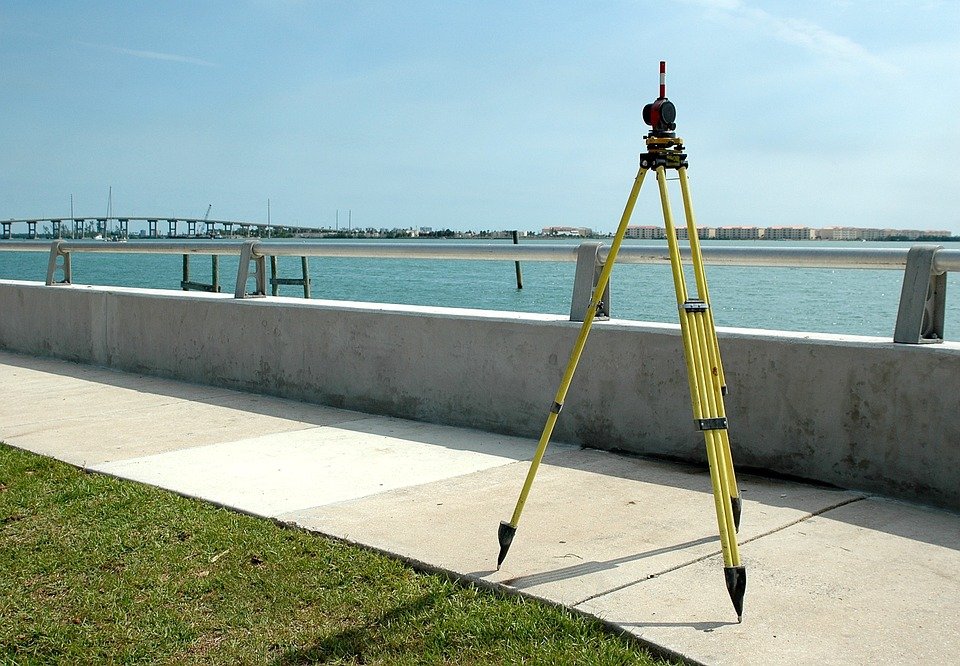[ad_1]
Construction Staking: What You Need to Know to Get Started
Construction staking is a process used to lay out a construction project prior to excavation and construction. It is used to determine the precise location of a proposed building, structure, or feature. Construction staking is also known as ‘layout’ or ‘site layout’ and is a key part of the construction process.
What is Construction Staking?
Construction staking involves the use of surveying techniques to mark and stake out the exact location of all the elements of a construction project. This includes the boundaries of the project, the location of any features such as drainage or sewer lines, and the precise location of any buildings or structures. The purpose of construction staking is to ensure that the project is built according to the specified design plan.
What is the Process of Construction Staking?
The process of construction staking begins with the surveyor visiting the site and taking measurements and readings. The surveyor will then use this information to determine the exact location of the project elements. They may also use specialized tools such as total stations, GPS receivers, and laser levels to more accurately measure the area.
Once the measurements have been taken, the surveyor will use special stakes to mark out the project elements. These stakes are usually wooden or metal and are marked with an arrow or other symbol indicating the direction of the element. The surveyor will also typically mark the location of the stakes on the ground with survey paint.
Why is Construction Staking Important?
Construction staking is important for ensuring that a project is built according to the specified design plan. Without construction staking, it is possible for elements to be built in the wrong location, which could cause safety issues and lead to costly delays.
Construction staking also helps to ensure that the project is built in compliance with any relevant regulations and codes. This is important for ensuring that the project is safe and up to the required standards.
What Are the Benefits of Construction Staking?
Construction staking is an important part of the construction process and can provide a number of benefits. These include:
– Improved accuracy: Construction staking helps to ensure that the project is built according to the specified design plan, which can help to reduce costly mistakes and delays.
– Increased safety: By ensuring that the project is built in compliance with regulations and codes, construction staking helps to ensure that the project is safe and up to the required standards.
– Cost savings: By helping to reduce the risk of costly mistakes and delays, construction staking can help to save money in the long run.
Conclusion
Construction staking is an important part of the construction process and can help to ensure that a project is built according to the specified design plan. It is used to determine the exact location of all the elements of a construction project and can help to improve accuracy, increase safety, and reduce costs.
[ad_2]


